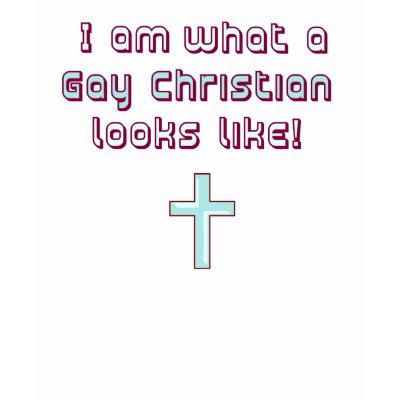Fair and accurate coverage of LGBT issues often requires an attention to balance, but also being aware when “balance” means unfair journalism.
 In a story in the Washington Post on local ministers losing influence over politicians as a vote on same-sex marriage nears, the reporters do a nice job of painting the picture of a powerful LGBT community, a declining number of African American citizens, and what that means for African American ministers and the politicians they want to influence.
In a story in the Washington Post on local ministers losing influence over politicians as a vote on same-sex marriage nears, the reporters do a nice job of painting the picture of a powerful LGBT community, a declining number of African American citizens, and what that means for African American ministers and the politicians they want to influence.
Ministers who oppose same-sex marriage say they now feel belittled, ignored and isolated by a government that no longer views the clergy as a mighty political force. Activists, political leaders and some ministers who have come to tolerate, if not embrace, same-sex relationships argued that socially conservative ministers just chose to fight a battle they had lost years ago as the city changed around them.
Everyone cautioned that the highly personal nature of the marriage debate makes it difficult to determine whether the tense relationship will spread to future policy debates. But all agree that black churches are no longer the force they used to be in local politics as the city becomes whiter and wealthier and a new generation of pastors gains standing.
“I am very, very surprised with what seemingly little opposition there is here” to same-sex marriage, said Sterling Tucker, who in 1974 was elected the first council chairman after Home Rule. “It’s a sign of the changing leadership in the pulpits of Washington and also the changing culture of the community.”
The story keeps this tone, including an interesting disagreement over whether LGBTs account for 15 or 19 percent of the city’s population. What’s missing, however, is a single voice of a DC minister who supports same-sex marriage. The story even acknowledges they exist, but then fails to actually quote one of the 200 religious leaders who are members of Clergy United for Marriage. It’s not that there aren’t any African American ministers who support same-sex marriage, yet they don’t make it into the story.
In contrast, take a look at this story in the Denver Post on ministers who are attending a conference for those who affirm LGBT people.
An evangelical church can be a scary place for gay people, yet the Rev. Mark Tidd’s Highlands Church in Denver is trying “to live and love without labels” in an inclusive community.
This kind of open-minded approach to full church life for gay, lesbian and transgender people, along with everyone else, Tidd said, could be “kind of the kiss of death” for a new congregation, one started just last Christmas.
“But I knew it was the right thing to do,” Tidd said.
As it became apparent that he intended the new church to be inclusive, he lost half his congregation, which had peaked at about 350. He lost two-thirds of his financial support
A little dented but unbowed, Tidd hosted a symposium Saturday at the Lowell Street church, offering a progressive perspective on homosexuality and Christianity.
Missing from this story is a minister who is opposed to affirming LGBT people. But is such a balance necessary? The story is about a conference for progressive Christians. It’s doubtful there are people in the Denver Post readership who aren’t aware of the multitudes of voices that are opposed to LGBT people because of their faith. Heck, we are talking about Colorado here. So is balance necessary?
Christianity Today writer Sarah Pulliam Bailey, blogging at the conservative media watchdog website Get Religion, said the story needed balance although doesn’t explain why. Her main concern, underneath a great deal of “obtuse” criticism, was that the reporters didn’t explain why churches may not be welcoming places to LGBT people and that openness apparently doesn’t include religious traditoinalists.
It’s a bizarre complaint, especially given the ideological position in the culture war her publication and blog takes when it comes to LGBT people. I don’t think anyone needs to explain why LGBT people may not feel comfortable in an Evangelical church or may even find it “scary.”
